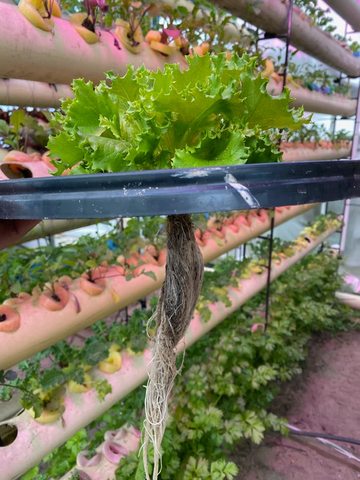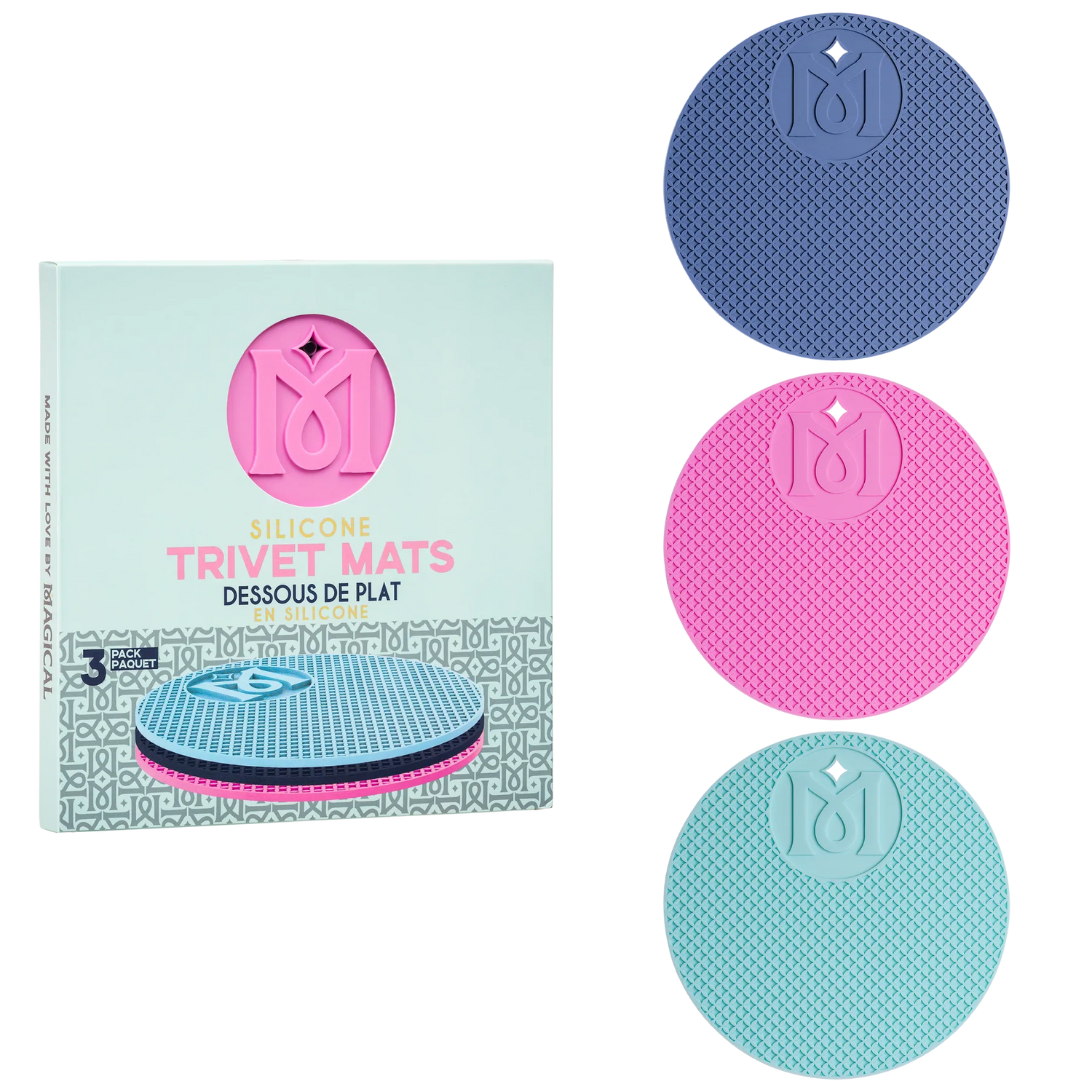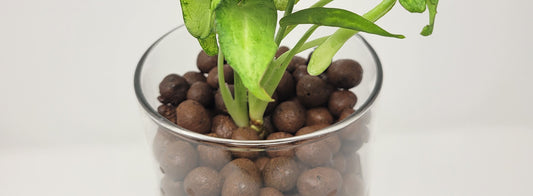Updated 7/29/23.
Imagine the year 2050. The global population exceeds 9 billion, two thirds live in Urban Areas.
How will the planet sustain the needs of such a large population? Vertical gardening and hydroponics are perfectly aligned to feed people and preserve our planet.
What is Vertical Gardening?
Vertical gardening is the practice of growing food and medicine in stacked layers, most commonly in shipping containers, skyscrapers, and warehouses. Vertical farms produce more food in less space than traditional growing methods. By growing in highly controlled environments, advanced hydroponic technologies optimize yields and nutrition density. Software automation regulates the light, water, and fertilizer, based on plant needs.

By controlling these factors, we can reduce the need for harmful pesticides. Recirculating systems reuse water and nutrient solution instead of draining it to waste. Water usage and runoff will decrease, and agricultural emissions will reduce. LED lights used for growing have demonstrated a 68% increased efficiency over HID lights, reducing energy requirements. The food will even be more nutritious since the plants can be easily monitored for deficiencies.
Building a Better Future
In this future, food will be grown and travel only a few miles to arrive at a grocery store, as opposed to the thousands of miles our food often travels today. Apartments, office buildings, and stores will grow food year round. Not only will we feed more people, the planet will have a chance to regenerate from centuries of harmful farming techniques. This much needed reprieve could slow climate change and reverse the trajectory of destruction that we are currently on.

Innovations & Funding
While this concept is not new, it has become increasingly evident that we need real change to solve the problems related to food and water shortages, and urban population growth. According to the United States National Park Service, growing with hydroponics uses 10 times less water than traditional agricultural practices. The United States Department of Agricultural, through the Inflation Reduction Act (2022) currently has funding to target sustainable agricultural development - to the tune of $19.5 Billion USD over the next five years.
We have worked in the past with Ft. Valley State University, a local leader in agricultural research. Currently, we work closely with AquaOrganix, the innovator of 100% plant-based Bioactive Regenerative Fertilizers. AquaOrganix closes the loop between food waste and large-scale farming, creating fully sustainable, organic, hydroponic nutrients. Their mission is to create affordable, sustainable products for everyone; from home-gardener to commercial grower.

Right here in Atlanta, urban farming pioneers have used vertical gardens to grow produce for local communities. Podponics grew hydroponic lettuce in stacked shipping containers with LED lights, supplying Kroger and many other outlets. Ponix Farms found a home for twelve months on the Atlanta Beltline. This innovative group focuses on the future of farming and economic development in our community. We were able to visit their location and view the lettuce and basil in a controlled indoor environment. Check out this local Atlanta business that builds custom indoor vertical garden systems.
Vertical Gardening at Home
You don't have to be a commercial farmer to reap the benefits of vertical growing systems. In recent years, many commercial and DIY hydroponic towers have become popular. They utilize aeroponics or a recirculating drip system to coat the plant roots in a hydroponic nutrient solution. Each tower takes up less than 2 square feet, and can support dozens of small plants.


If you have more space, such as a basement or greenhouse, Deep Flow and Nutrient Film systems can be built in layers using PVC. Systems like these are best suited for leafy greens and small fruiting plants like strawberries. Imagine having fresh, sweet strawberries all year round.

So you ask, “Is Vertical Gardening Sustainable?" YES! We believe this is our future.
We would love to discuss this topic more with anybody involved with, or exploring, vertical or hydroponic farming techniques. Please send us an email or come by the store. We love partnering with others that value sustainability, hydroponics, food, and medicine of the future.






2 comments
Very nice post! I also have best source – https://420expertadviser.com/
I really enjoyed this post. Thanks for sharing it.